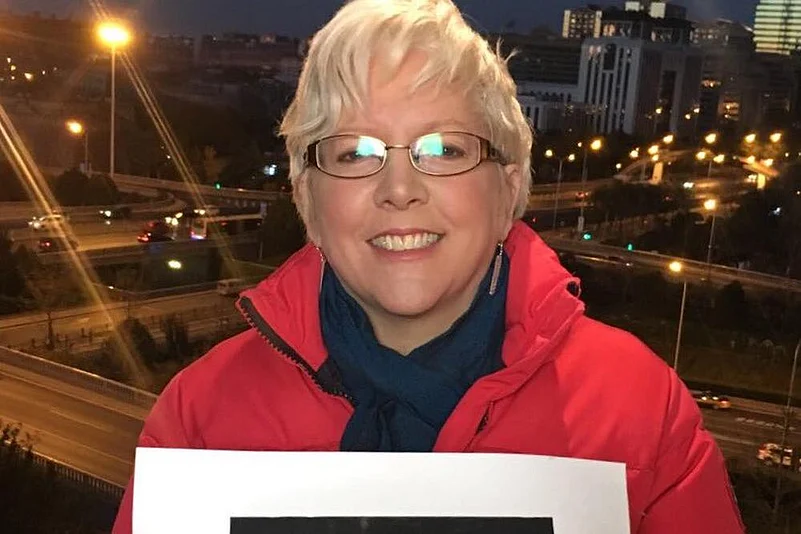The BBC's China Editor Carrie Gracie has resigned from her post after finding that the corporation paid her less than her male counterparts.
In a letter posted on her blog, Gracie accused the BBC of ‘breaking equality law” and announced that she was quitting her job after serving the organization for three decades.
Gracie said two male international editors at the BBC earned "at least 50% more" than their two female counterparts.
“I am not asking for more money. I believe I am very well paid already – especially as someone working for a publicly funded organisation. I simply want the BBC to abide by the law and value men and women equally,” she said.
Advertisement
She said the BBC is resisting pressure for a fair and transparent pay structure and alleged that there is a crisis of trust at the BBC.
Gracie has got huge support for her decision since then. A new campaign, #IStandWithCarrie hashtag, has been created on social media and several people including leading BBC presenters have openly come in support of her.
The BBC, however, in a statement said there was "no systemic discrimination against women". A BBC spokeswoman said "fairness in pay" at the corporation "is vital".
"We have already conducted a independent judge led audit of pay for rank and file staff which showed 'no systemic discrimination against women,” she said, adding, “We are performing considerably better than many and are well below the national average.”
Advertisement
According to a report by the Guardian, the gender pay row at BBC had first emerged after the BBC published a list of its top-earning on-air stars that revealed gender discrimination. It was found that on an average, men are being paid 9.3% more than women at the BBC.



















